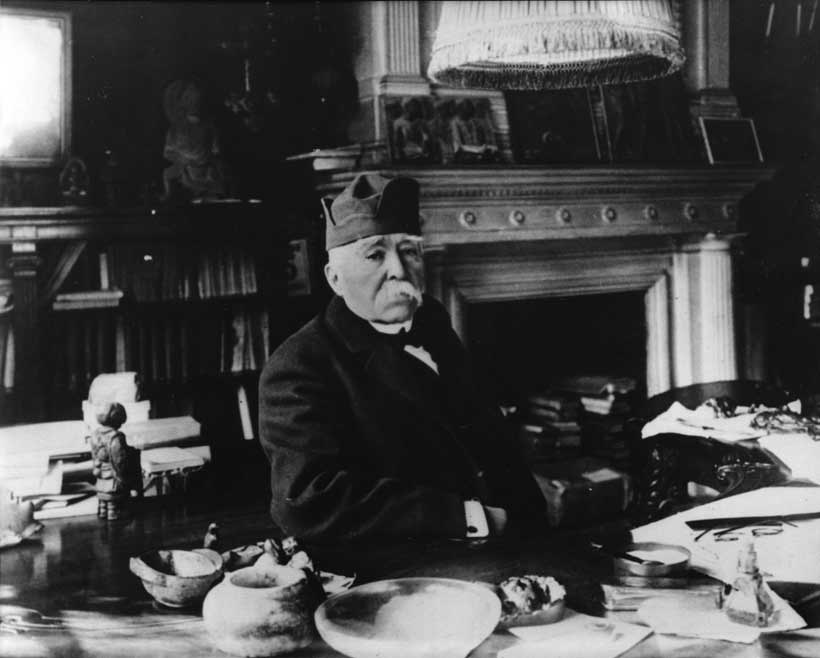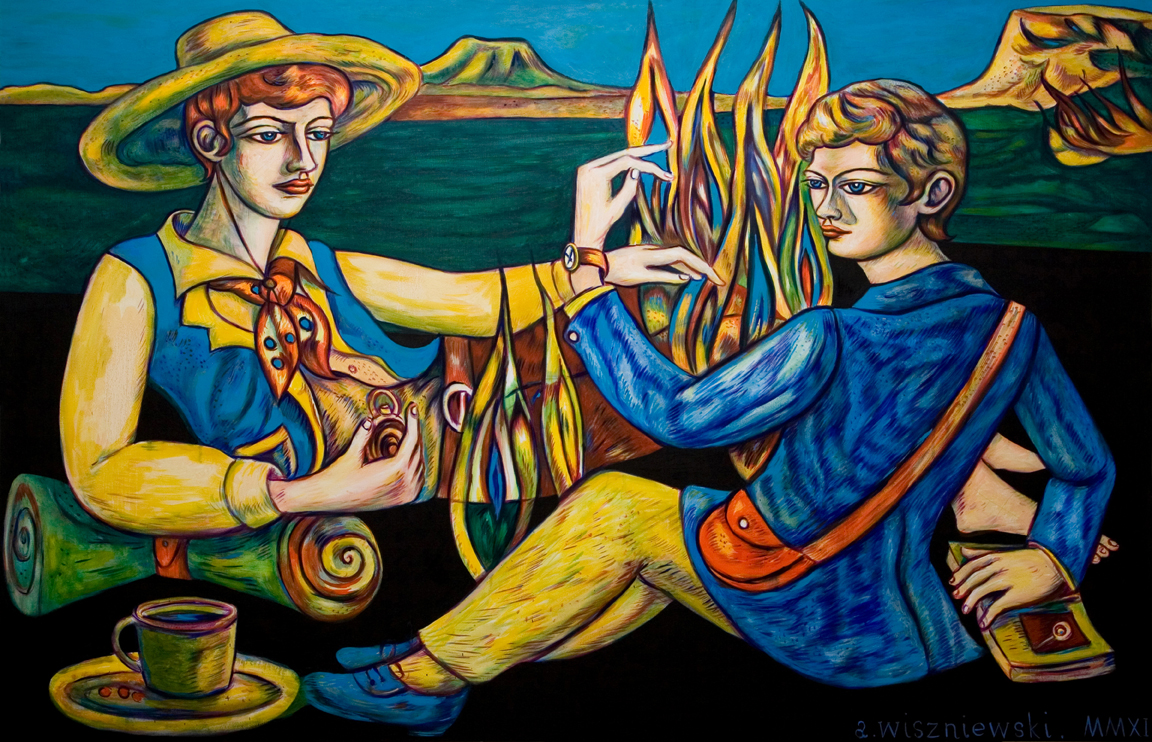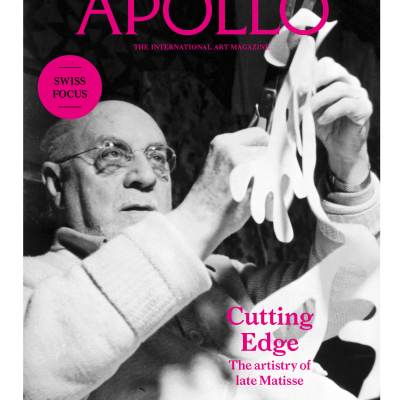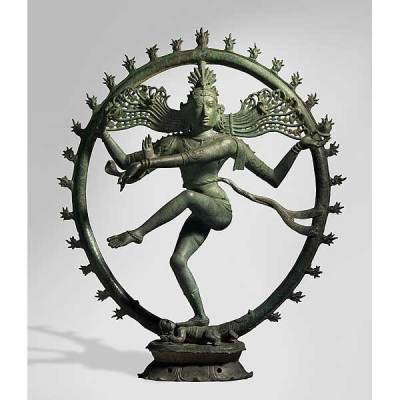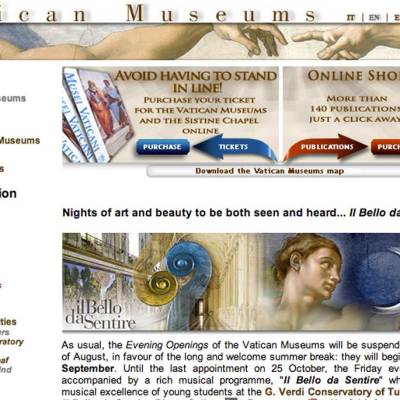A round-up of the week’s reviews…
‘Planets in my Head’ (Philosophy), (2011), and ‘The Sleep of Reason Produces Monsters (Asia), (Australia), (America)’ (2008). Photo: Rick Echelmeyer

Stimulating the mind and the eyes: Barnes and Shonibare (Melanie Vandenbrouck)
Stepping into the galleries, I could not repress a smile: dressed in Shonibare’s signature ‘Dutch wax’ fabric, an eccentric lady on stilts, a raffish dandy, lively little boys and girls, studious thinkers and arguing diplomats inhabit the space. All that is missing here is the sound of boisterous laughter and animated conversation. Or is it? For the visitors certainly are being given much to talk about.
‘Diverse Maniere: Piranesi, Fantasy and Excess’ at Sir John Soane’s Museum (Matilda Bathurst)
‘I often think anything made by a 3D printer these days looks like an anaemic fossil.’ So saying, Grayson Perry captured the unease surrounding the prospect of a 3D printing revolution: the impression of a world of brittle multiplication, the collapse of craftsmanship, the evaporation of the original – a world of objects born obsolete.
‘Clemenceau, le Tigre et l’Asie’ at Musée Guimet, Paris (Digby Warde-Aldam)
Clemenceau’s interest in Asia is widely assumed to have been initiated by an 1872 meeting with the Japanese nobleman and politician Saionji Kinmochi, an encounter which led him to read widely on Buddhism and begin his life-long fascination with oriental – and particularly Japanese – culture. He wasn’t alone in his enthusiasm…
Charles Marville and the Urban Sublime (Raisa Rexer)
Marville uses his camera to summon glimpses of Romantic landscapes throughout the city: in the suburbs just being annexed into the city; in the gardens of the École des beaux-arts; in a scene of Paris under the snow; in his superb photographs of the Bois de Bologne, and above all in the series of cloud studies he took above the Parisian rooftops.
Beyond Painting: ‘Renaissance Impressions’ at the RA (Peter Crack)
From Augsburg, the chiaroscuro woodcut headed south, where, true to form, the Italians upped the sensuality and ditched the grotesque. The likes of Ugo da Carpi, Antonio da Trento and Niccolò Vicentino injected the medium with new levels of fluidity. These Italian pioneers are painted here in a rather roguish light. Da Carpi apparently conned his way into the Venetian court, claiming to have invented the technique, and, according to Vasari, Antonio da Trento broke into Parmigianino’s home in order to steal source material.
I Cheer a Dead Man’s Sweetheart at the De La Warr Pavilion (Simon Bayliss)
Two wistful young men making enigmatic hand gestures, awkwardly recline by a campfire in Adrian Wiszniewski’s idiosyncratic painting The First Anachronism of the Day. It is rendered in a graphic, illustrative manner, and could be a relic from the 1980s, when neo-expressionism and a revival of allegorical figurative painting was prevalent. But it was made in 2011. As a bold opening picture, hung to greet visitors at the entrance, its title appears to be a clue to the curators’ intentions.


